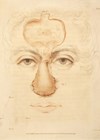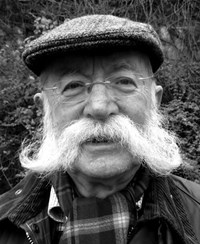History of ENT archive for 2025
Michelle – Chevalier Jackson’s choking doll: Simulation in paediatric airway management 100 years ago
Simulation has become an indispensable tool in modern paediatric airway management as it offers clinicians the opportunity to practise complex procedures in a safe, controlled environment [1], although challenges will always remain in replicating the true anatomical proportions and tactile...
Kallmann’s Syndrome
‘A rose by any other name would smell as sweet.’ (Shakespeare) Kallmann’s Syndrome (KS), or hereditary hypogonadal anosmia, is a rare genetic disorder characterised by delayed or absent puberty and anosmia. It is named after Franz Kallmann, but he was...
Early Egyptian medicine: nasal trauma and surgery in the Edwin Smith Papyrus
In ancient Egypt, with its towering pyramids and bustling cityscapes along the Nile, there existed a deep-rooted civilisation that excelled in more than the grandeur of monumental architecture. Frequent wars and battles shaped Egyptian society, not only defining its political...
The pong of poverty: George Orwell on the problem of olfactory classism
Throughout his fiction and non-fiction, George Orwell incorporated references to olfaction to invoke strong reactions in his readers. For example, in Nineteen Eighty-Four the protagonist Winston describes “the pleasant smell of [Julia’s] hair”. Orwell emphasises the invasiveness and emotional force...
The Indian method: Sushruta’s influence on modern nasal reconstruction
Ancient Indian medicine, as documented in the Sushruta Samhita, contains one of the earliest known references to nasal reconstruction, including surgical techniques still resembling modern practices. (The Sanskrit word ‘Samhita’ is used to define a collection of written work, similar...
From battlefield to homefront: how the First World War shifted perceptions of deafness
The First World War marked a pivotal moment in the understanding and treatment of hearing loss and deafness. Prior to the war, deafness had been largely attributed to congenital causes. This view was influenced by a negative eugenic Darwinist ideology...












